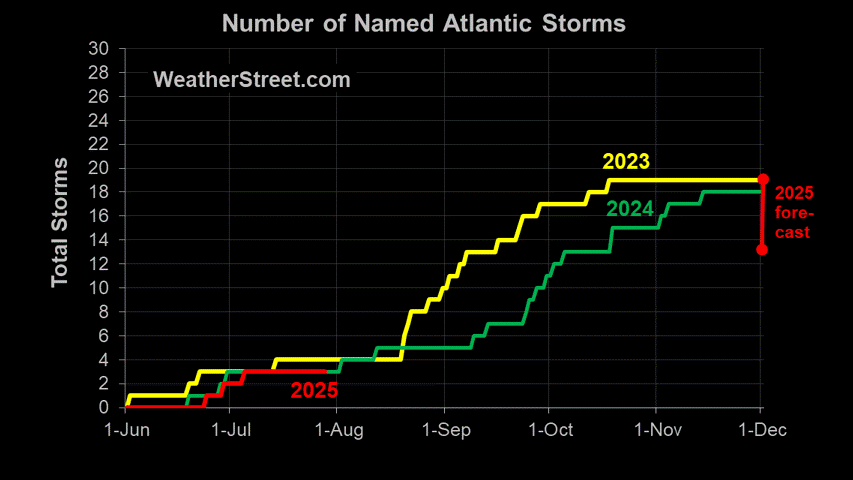Hurricane Bill having far reaching effects
Video: Cantore rides out Bill (The Weather Channel)
Video: Raw: Hurricane waves in Bermuda (The Weather Channel)
Hurricane spares Bermuda; heads for New England (CNN)
Hurricane Bill skipped Bermuda and set its sights on the Massachusetts coast Saturday morning, with forecasters warning people from New England to Newfoundland to be on alert.
The storm is expected to pass off the coast of New England late Saturday or Saturday night and approach Nova Scotia on Sunday, the National Hurricane Center said.
The Bermuda Weather Service discontinued a hurricane watch early Saturday. A tropical storm warning remained in effect, and the weather service warned that strong winds, high seas, and dangerous surf and rip currents would continue through the day.
Rip currents, or rip tides, are strong seaward flows of water that happen where there's a break in the shoreline. They are capable of pulling even strong swimmers out to sea, and they are difficult to detect.
The storm was expected to bring one to two inches of rain to Bermuda, the U.S. National Hurricane Center said.
At 8 a.m., Bill's center was about 235 miles west-northwest of Bermuda and about 410 miles east of Cape Hatteras, North Carolina. It was also about 510 miles south of Nantucket, the hurricane center said.
The news reports I have been able to find have been rather light with respect to the effects of Bill on Bermuda. It appears that some light wind damage and minor power failures are all that has happened as a result fo the tropical storm winds that Bermuda experienced.
According to The Weather Channel expert Jim Cantore see earlier video post from The Weather Channel), since Bermuda is an island alone in the ocean, the storm surge essentially passes around the island and is not as tretcherous as when a storm approaches the coast. For a storm approaching the coast, the water has no place to go and therefore the effect of the storm surge is must more pronounced.
The potential for storm surge damage is much higher along the US coast. CBS News points out that since Bill has been over water for its existance and since it has sustained a category 4 status for so long, the effects of that intensity hasn't just vanished with teh reduction of wind speed from 125 MPH to 105 MPH.
Video: Hurricane Bill felt in the US: (CBSNews Online)
Wave heights as high as 14 feet are predicted or have been seen from North Carolina to New Jersey and wave heights greater that 20 feet are possible from New Jersey to Nova Scotia.
Threat of Hurricane Bill closes NYC beaches (Newsday)
Some New York City beaches have been closed to swimming because of the threat of Hurricane Bill.
Parks officials announced Friday that swimming at Rockaway, Coney Island, Manhattan, Midland, Wolfe's Pond and South beaches is temporarily banned.
Weather experts say although the Category 3 hurricane is hundreds of miles away in the Atlantic Ocean, high waves, rip currents and heavy surfs have been seen along East Coast beaches.
--snip--
Parks officials say the ban at the beaches in Queens, Brooklyn and Staten Island could remain in effect through the weekend.









<< Home